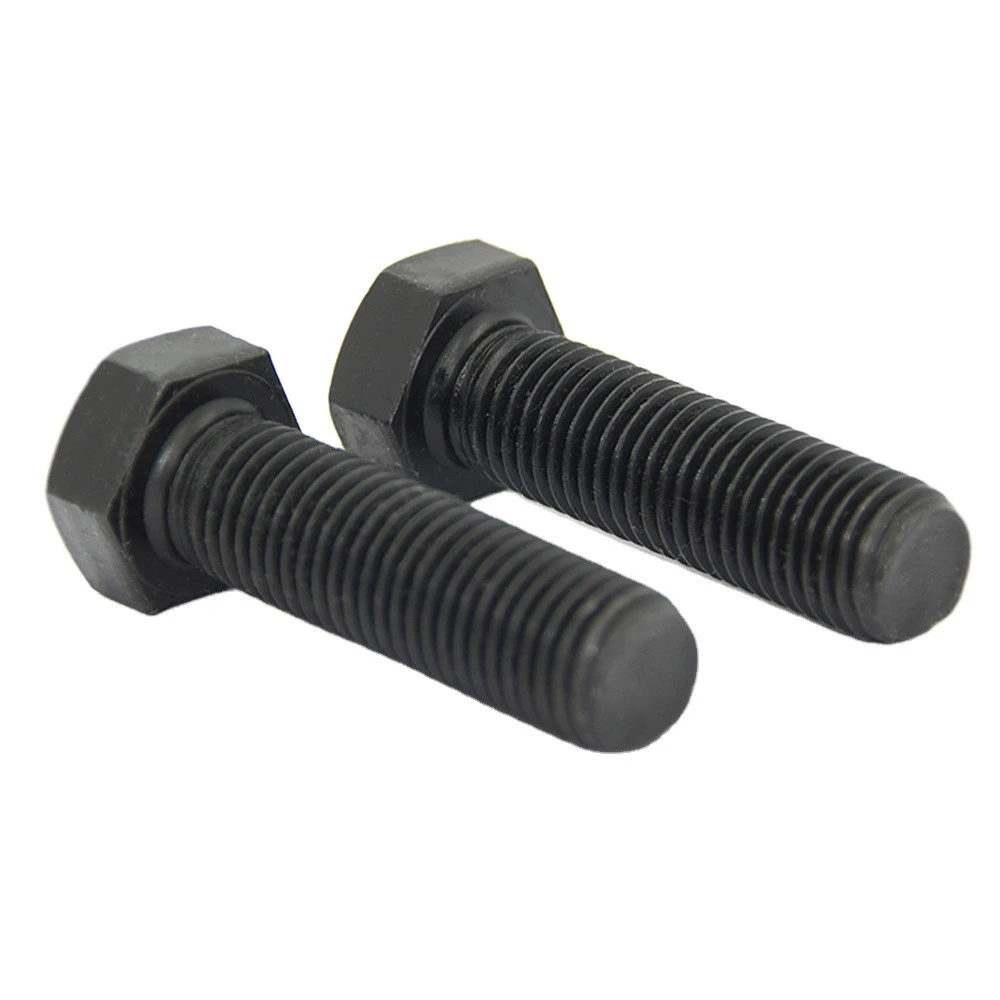long screws factories
Դկտ . 17, 2024 23:38 Back to list
long screws factories
The Rise of Long Screws Factories An Essential Industry in Modern Manufacturing
In the realm of modern manufacturing, the demand for precision and durability remains paramount across various industries. One of the lesser-discussed but critical components that significantly contributes to the quality and durability of industrial products is the long screw. As the complexity of engineering challenges increases, so does the necessity for long screws, which are widely utilized in construction, automotive, aerospace, and machinery manufacturing. This growing need has sparked the rise of long screws factories, specializing in the production of these essential fastening elements.
Understanding Long Screws
Long screws are defined as fasteners that exceed standard lengths, typically ranging from several inches to several feet. Their primary function is to hold together large components that require significant structural integrity. The applications of long screws extend to machine assemblies, wooden structures, metal frames, and often serve as the backbone in applications where traditional screws might fail due to their shorter lengths.
Manufacturers have taken note of this increasing demand, leading to investment in specialized facilities focused on the production of long screws. These factories utilize modern technologies and methodologies to ensure their products meet rigorous standards for strength and reliability.
Technological Advancements
The rise of long screws factories has been accompanied by significant technological advancements in manufacturing processes. Computer Numerical Control (CNC) machines, for instance, facilitate precision engineering, allowing for the mass production of screws that meet stringent specifications. Additionally, advancements in materials science have enabled factories to explore various alloys and coatings that enhance the performance and longevity of screws.
Automation has also played a vital role in improving efficiency and reducing production costs. Automated assembly lines can operate continuously, producing large quantities of screws with minimal human intervention. This not only speeds up the manufacturing process but also reduces the likelihood of human error, which can be critical in maintaining quality standards.
Quality Assurance
long screws factories

In industries where safety is paramount, the quality of long screws cannot be compromised. As such, long screws factories implement rigorous quality assurance protocols. This typically includes tensile strength testing, corrosion resistance analysis, and dimensional inspections to guarantee that each screw meets industry standards and customer specifications.
ISO certifications and adherence to industry-specific standards, such as those set by the American Society for Testing and Materials (ASTM) or the International Organization for Standardization (ISO), play a crucial role in establishing the credibility of these factories. Customers are often keen to partner with manufacturers that can demonstrate a commitment to quality and reliability.
Market Demand and Growth
The demand for long screws is expected to grow in tandem with global construction and infrastructure development projects. As economies recover and expand post-pandemic, there is a resurgence in construction activities, particularly in emerging markets. This creates an increased need for durable and reliable fastening solutions, thereby fueling the growth of long screws factories.
Additionally, the automotive industry’s transition towards electric vehicles and advanced manufacturing methods further catalyzes the demand for specialized fasteners. As automakers look to integrate more complex assemblies that require robust fastening solutions, long screws have emerged as a critical component in vehicle design and manufacturing.
Environmental Considerations
With the rise of long screw factories, there is also an increased focus on sustainable practices. Many manufacturers are now exploring eco-friendly materials and adopting green manufacturing processes to reduce their environmental footprint. This includes recycling scrap materials and using energy-efficient machinery, thereby aligning with global sustainability goals.
Conclusion
The emergence of long screws factories represents a significant development in the manufacturing sector, driven by the increasing complexity and demands of modern engineering projects. As these factories continue to innovate and expand, they will play an essential role in ensuring that industries have access to the high-quality fasteners necessary for safety and durability. As we move forward into a more interconnected and technologically advanced future, the importance of these factories in supporting global manufacturing will undoubtedly only grow. With ongoing advancements in technology and sustainability practices, the long screws industry is set not only to thrive but to lead the way in manufacturing excellence.
Latest news
-
Premium Cabinet Bolts Supplier | Wholesale & Custom Solutions
NewsAug.24,2025
-
Reliable Axle Nuts Supplier | Quality & Precision Fasteners
NewsAug.23,2025
-
Durable Bolts for Lawn Mower Handle - Top Supplier & Manufacturer
NewsAug.22,2025
-
High-Quality Bolts for Lawn Mower Handle Supplier & Manufacturer
NewsAug.21,2025
-
Reliable Axle Nuts Supplier | High-Quality Automotive Parts
NewsAug.19,2025
-
Premium Wire Bolts Suppliers | Durable & Reliable Fasteners
NewsAug.18,2025
